Communications Planning for Innovation in Education
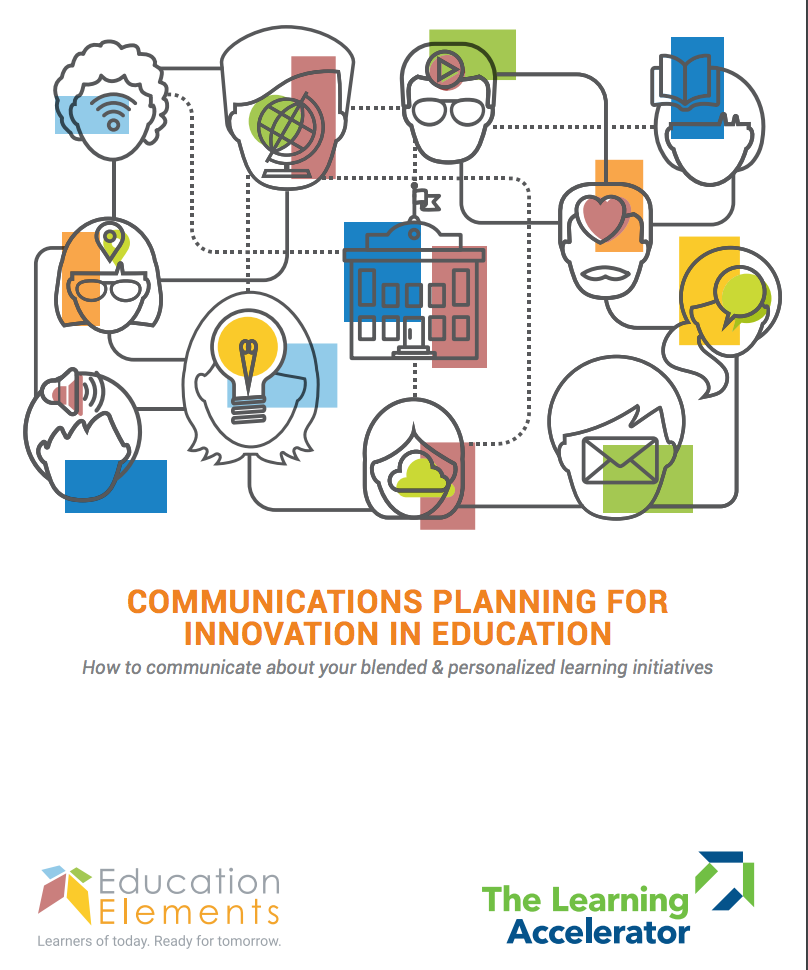
This guide was designed to help districts build support for personalized learning through the development of a communications plan to reach a variety of stakeholders. The guide lays out clear steps within four key phases of communications planning: planing and aligning, looking at your foundations, designing your plan, and reflecting. Each section includes short profiles of… Read More ›
Leading for Equity: Opportunities for State Education Chiefs
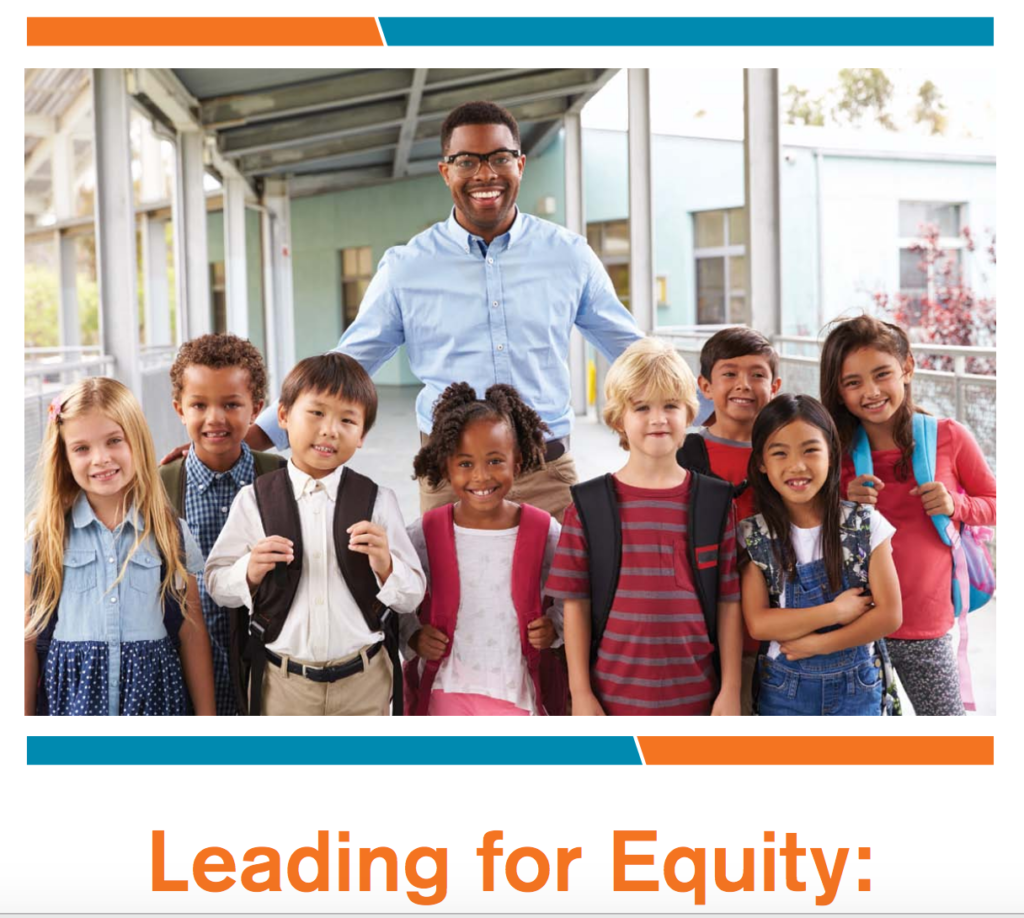
This report from The Council of Chief State School Officers (CCSSO) and The Aspen Education & Society Program outlines concrete steps states can take to support equity in education. After short sections on the definition of equity and the reasons it matters, the guide lays out ten steps state education agencies can take. These recommendations… Read More ›
Maine: Making the Most of High-Leverage Strategies

This article provides an overview of the progress the state of Maine has made towards competency education. It outlines the steps taken to build school capacity and public and policy support for student-centered education. These steps resulted in the 2012 passage of Act LD1422, which requires districts to begin awarding proficiency-based diplomas. It reviews the implementation timeline… Read More ›
ASCD Empower17
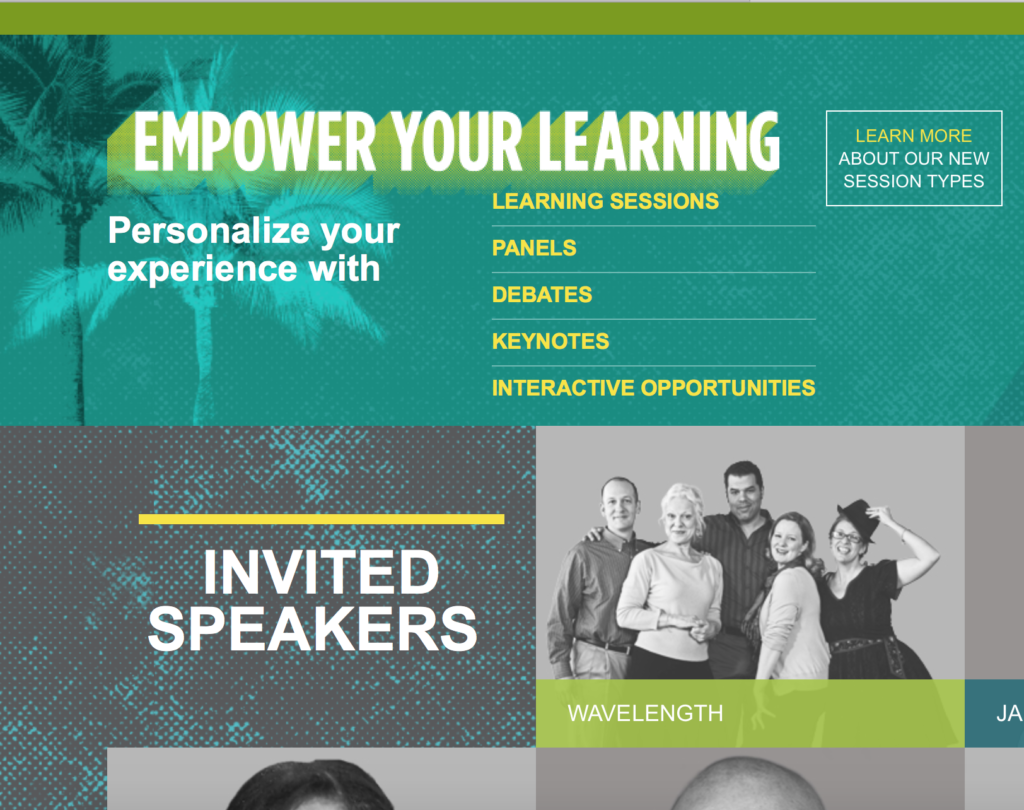
The ASCD Empower17 conference has been redesigned by educators, for educators. It will bring together teachers, principals, instructional coaches, superintendents, and other educators. The conference has been set up to empower participants to create their own personalized professional learning experience. Content will focus on supporting the whole child. Keynote and special session speeches, interactive panel… Read More ›
EdWeek Leaders To Learn From
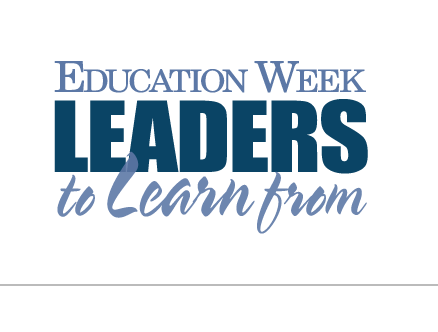
At this all day event, Education Week will recognize bold school-system leaders who will share how they brought about change in their districts. Every year, Education Week identifies some of the nation’s most exceptional school district leaders, and shines a spotlight on their impact in a “Leaders to Learn From” special report. Through registration for video… Read More ›
What Learning to Code Means for Students

“Coding is the new literacy. To thrive in tomorrow’s society, young people must learn to design, create and express themselves with digital technologies.” –Mitchel Resnick, MIT Media Lab Professor What does “coding is the new literacy” really mean? As programming languages evolve, what students learn today won’t be applicable within a decade or less. Coding… Read More ›
An Overview of Personalized Learning for Schools, Families & Communities
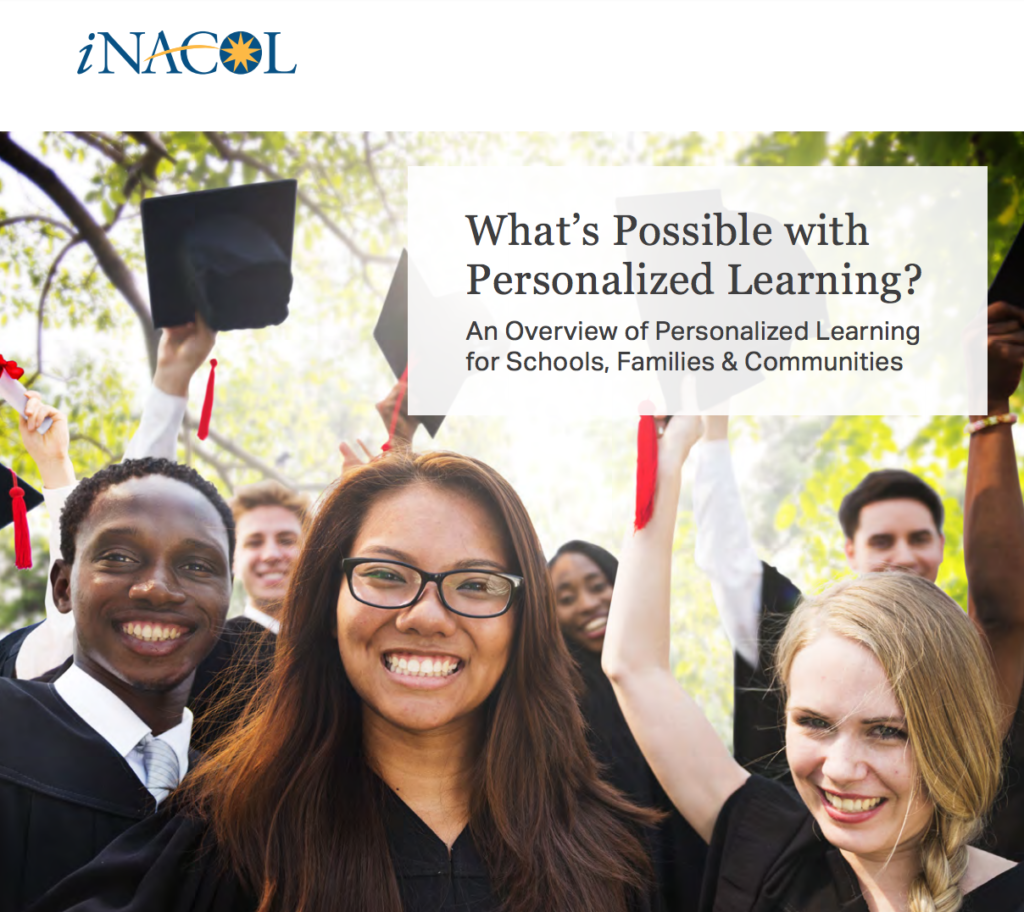
This report provides an overview of student-centered learning for families and community members, using parent-friendly language, short explanations, and many examples. The report first outlines the need for and the basics of personalized learning. It explores, through five short case studies, personalized learning in action and how it differs from traditional learning environments. It also… Read More ›
Research Collaborative: Where the Journey Goes from Here
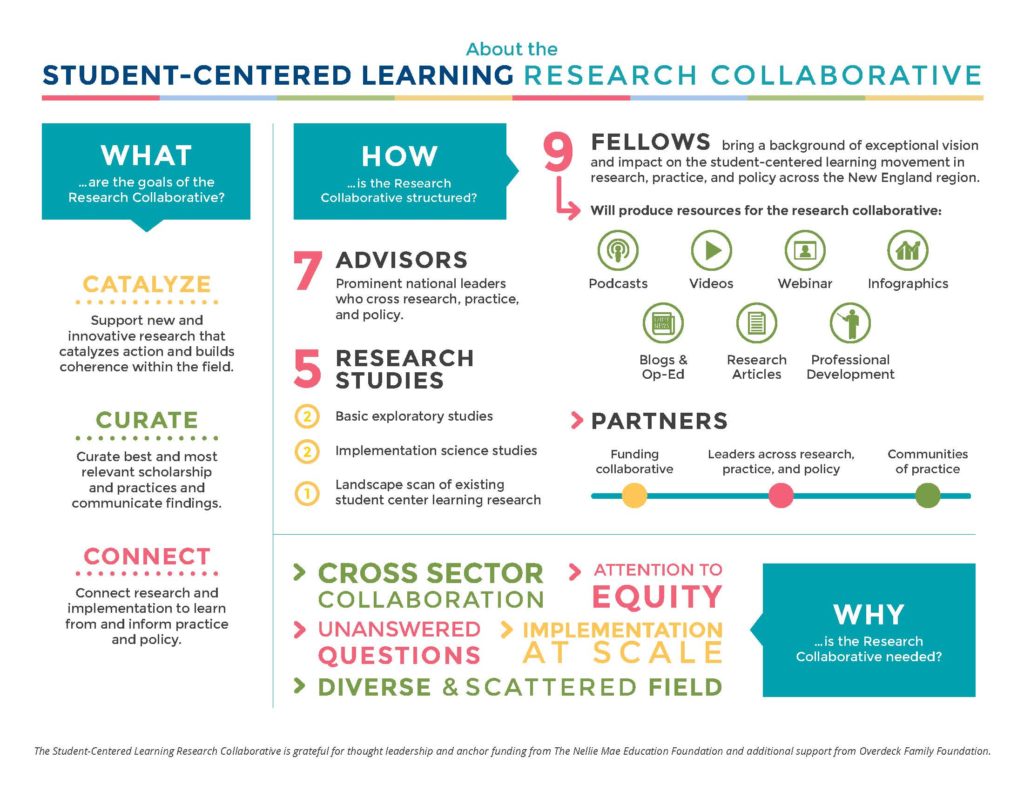
In my previous post, I wrote about the Student-Centered Learning Research Collaborative and its goal to break down silos so that educators, researchers, and policymakers can collaboratively examine, apply, and share knowledge about student-centered learning so that we can elevate learning outcomes, particularly for underserved students. Now, let’s talk about how we do this. Our… Read More ›
Can Micro-credentials Create More Meaningful Professional Development For Teachers?
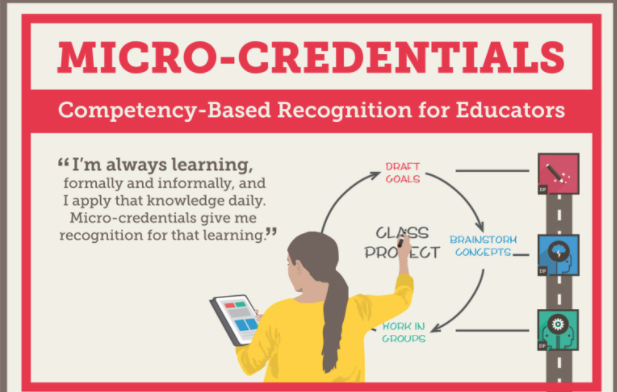
This article shares anecdotes and research to support the move towards micro-credentials for educators, a way to personalize professional development. Micro-credentials are seen as a viable shift for teacher assessment and an innovative way to help teachers learn and become proficient in relevant skills. Digital Promise, whose mission is “accelerating innovation in education,” has been a… Read More ›
Guide to the Competency-based Learning Survey for Students
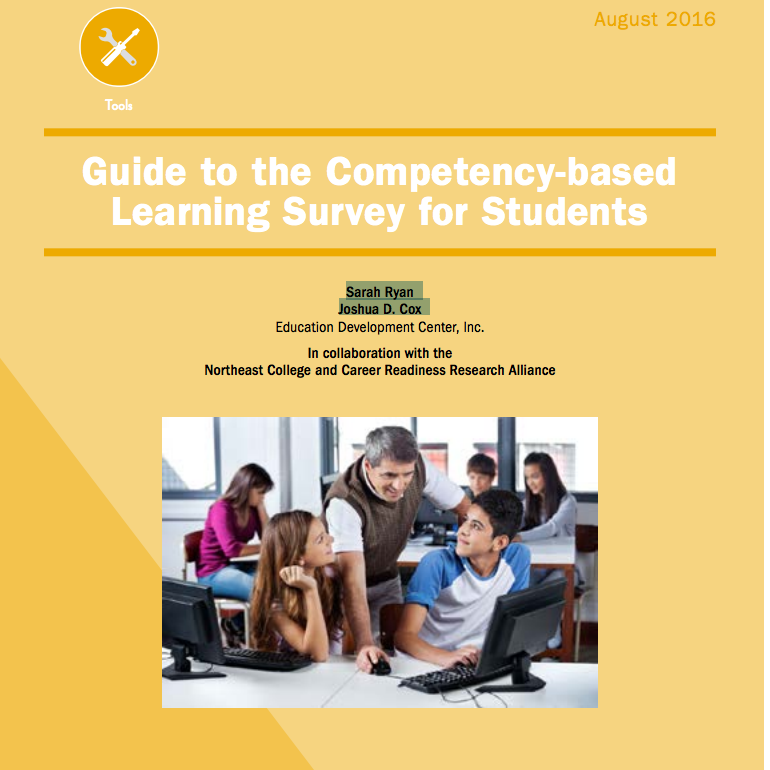
This guide includes the ‘Competency-based Learning Survey for Students’ and additional instructions to support its implementation. The survey was designed to help schools and districts collect data directly from high school students. It looks at students’ beliefs about, exposure to, and understanding of key elements of competency-based learning. This survey was designed by the Regional Education… Read More ›
Bronx Arena High School Multimedia Monograph
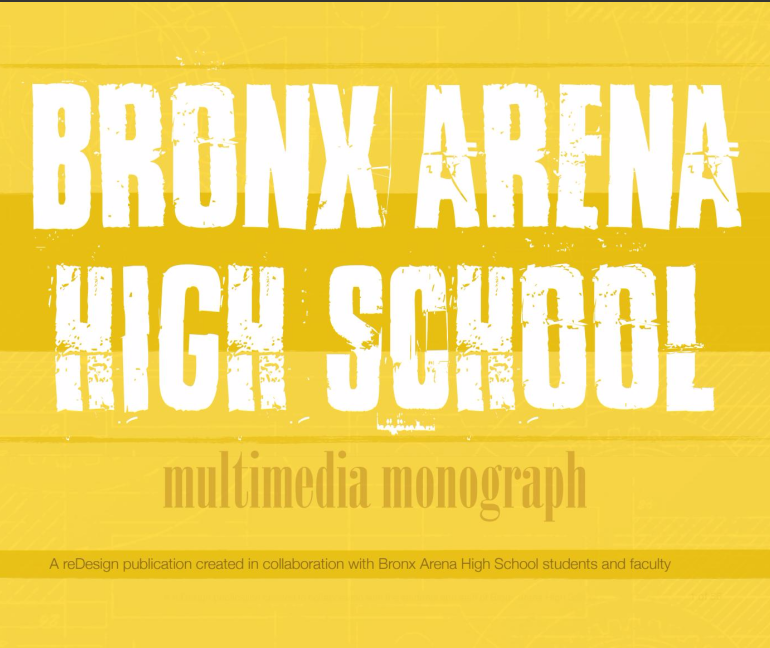
This multimedia monograph features Bronx Arena High School, an innovative, competency-based school serving historically marginalized youth in New York City. The school’s mission is to empower over-age under-credited students to graduate ready for college or a career. The multimedia monograph is an interactive case study that features video interviews with students and staff. It brings… Read More ›
Research Collaborative Seminar: Encouraging and Sustaining Competency-Based Learning Environments

The January installment of the Research Collaborative Seminar series features Paul Leather, former New Hampshire Deputy Commissioner of Education, Research Collaborative advisor, and nationally renowned leader in student-centered reforms. His presentation, “Encouraging and Sustaining Competency-Based Learning Environments: Lessons from New Hampshire,” focuses on what works, and, just as importantly, what doesn’t work when implementing competency-based… Read More ›